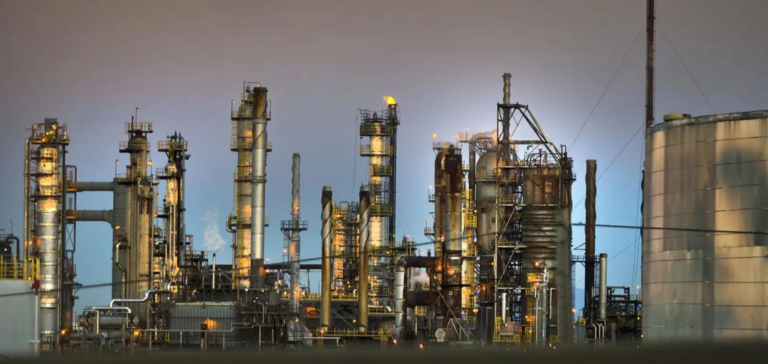The International Energy Agency (IEA) recently highlighted a striking reality: the oil and gas industry could suffer critical overinvestment in the coming decades if it fails to calibrate its spending in line with global climate goals. This statement comes ahead of the COP28 climate conference in Dubai. The IEA reported that, although oil and gas companies account for just 1% of global investment in clean energy, 60% of this investment comes from just four companies.
Aligning Climate Targets and Investments
To meet the objectives of the Paris Agreement, producers should devote half of their annual investment to clean energy projects by 2030. Currently, spending in the oil and gas sector, at around $800 billion a year, is double what would be needed in 2030 to limit global warming to 1.5°C.
COP28: A Moment of Truth for the Oil Sector
Fatih Birol, Executive Director of the IEA, declared that the oil and gas industry was at a decisive moment at COP28 in Dubai. In his view, maintaining the status quo is neither socially nor environmentally responsible. The world’s oil and gas producers need to make far-reaching decisions about their future place in the global energy sector.
Revision of Energy Demand Projections
Historically, the IEA has warned of the risk of oil supply shortages due to under-investment in new fields. However, oil and gas investment has recently increased, and the level of investment required in 2030 has decreased. The investment planned for this year is now more than equivalent to the level required in their STEPS baseline scenario.
The Future of Renewable Energies and Biofuels
The IEA has also toned down its message that no new oil and gas projects are needed to achieve zero net emissions by 2050. In its updated net-zero emissions scenario, the IEA has specified that new projects with “long lead times” are not required, excluding new coal mines, mine extensions or new unprocessed coal-fired power plants.
According to analysts at S&P Global Commodity Insights, global oil demand, including biofuels, will remain at around 31% of the global energy mix until 2030, while renewable energy sources will grow by 6-8% per year to reach 13% of total energy demand by the end of the decade, up from 8% in 2022. Global demand for oil and biofuels will peak at around 110 million barrels per day in 2031.
The oil and gas industry is at a crossroads. Aligning investments with global climate objectives is essential to avoid overinvestment and support the energy transition. The decisions we take today will have a profound impact on our planet’s energy and environmental future.






















